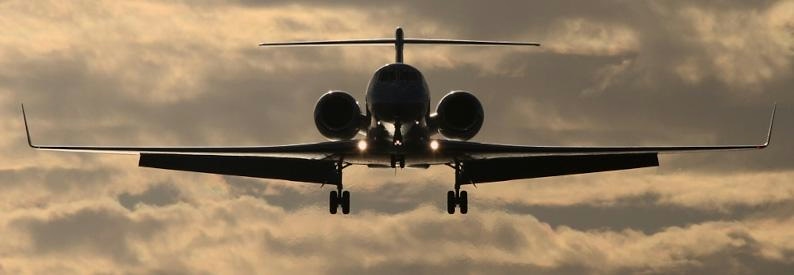AeroGenie — Ihr intelligenter Copilot.
Trends
Categories
Gibraltar Reforms CAA and Plans to Launch Independent Register

Gibraltar Overhauls Civil Aviation Authority and Plans Independent Aircraft Register
The government of Gibraltar has announced a comprehensive reform of its civil aviation regulatory framework, marked by the establishment of a privately operated aircraft register under the management of the US-based Aviation Registry Group. This initiative, conducted through the local entity Gibraltar Aircraft Registry Limited, follows the replacement of the former Department of Civil Aviation with the newly created Gibraltar Civil Aviation Authority (GCAA).
Launch and Strategic Partnerships
The new VP-G aircraft register is scheduled to launch following a planned audit by the UK Department of Transport, anticipated in early 2026. A formal introduction of the register is set for the European Business Aviation Convention & Exhibition (EBACE) in Geneva in May 2026. Jorge Colindres, CEO of Aviation Registry Group, highlighted the positive reception from aircraft owners, stating that marketing efforts for the Gibraltar Aircraft Register have already commenced. Aviation Registry Group brings experience from operating similar registers in San Marino (T7-) and Aruba (P4-), positioning Gibraltar to benefit from established expertise in this sector.
Context Within Regional Competition
Gibraltar’s move occurs within a competitive environment among British Overseas Territories and Crown dependencies, many of which maintain internationally recognized aircraft registers. Bermuda and the Cayman Islands, for example, host substantial fleets with 145 and 215 jet and large turboprop aircraft registered respectively, according to ch-aviation data. Similarly, Guernsey and the Isle of Man operate sizable registers with 157 and 205 aircraft. Other territories such as the Falkland Islands/Malvinas and Turks and Caicos Islands maintain registers primarily serving local operators, including entities like the British Antarctic Survey and interCaribbean Airways.
Regulatory and Market Implications
The introduction of Gibraltar’s independent register presents both opportunities and challenges. Ensuring regulatory compliance will be paramount, as the GCAA must align with international aviation standards and meet the requirements of the forthcoming UK Department of Transport audit. The transition may generate a period of adjustment for stakeholders as they evaluate the advantages of the Gibraltar register relative to established alternatives.
Competition within the aircraft registry market is expected to intensify, with existing jurisdictions likely to respond through strategic adjustments, competitive pricing, or enhanced service offerings to retain and attract clients. Industry analysts emphasize that Gibraltar’s success will hinge on its ability to differentiate its registry, maintain rigorous oversight, and effectively navigate potential resistance from entrenched players in the sector.
As Gibraltar seeks to establish itself as a new contender in the aircraft registry market, the effectiveness of its reforms and partnership with Aviation Registry Group will be critical in determining its capacity to secure a sustainable position amid strong regional and international competition.

Emirates Unveils Cabin Design for New Boeing 777X

Eighteen Years On, the Airbus A380 Remains Central to a $34 Billion Airline

How a boom in luxury airline seats is slowing down jet deliveries

Navitaire Outage Attributed to Planned Maintenance

DigiYatra Debuts Outside Aviation at India AI Impact Summit

Vietnam Orders Strengthen Boeing’s Commercial Outlook

Airbus Signals Uncertainty Over Future A400M Orders

JobsOhio Awards $2 Million Grant to Hartzell Propeller for Innovation Center

Collins Aerospace Tests Sidekick Autonomy Software on YFQ-42A for U.S. Air Force CCA Program

How the Airbus A350-1000 Compares to the Boeing 777
